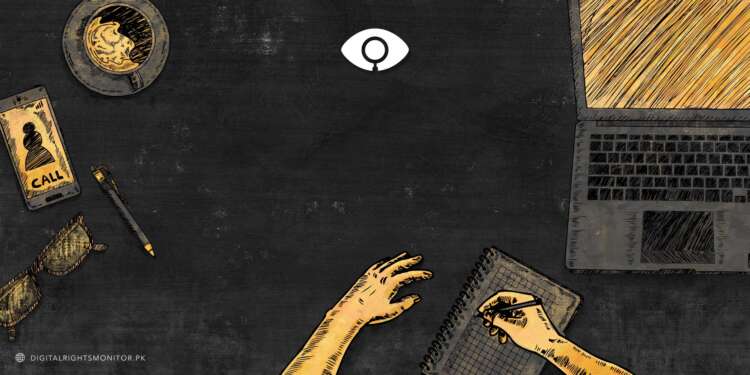Here’s a roundup of the stories on digital rights, tech accountability, and digital media regulation that made headlines on Digital Rights Monitor (DRM) this week.
US: TikTok seeks expedited ruling against possible ban
TikTok is seeking an expedited ruling in its lawsuit against the potential ban in the United States (US), which is poised to take down the short-video app by January 19, 2025.
TikTok, its Chinese parent company ByteDance, and a group of content creators with the US Justice Department requested the appeals court on Friday to set a fast-track schedule for the case and issue its verdict by December 2023. The expedited ruling will allow TikTok and ByteDance to take the matter to the Supreme Court in time if the ruling does not turn out in their favour.
Full story here: https://digitalrightsmonitor.pk/us-tiktok-seeks-expedited-ruling-against-possible-ban/
PAKISTAN: Contentious defamation bill passed despite strong opposition
The Punjab Assembly has passed a contentious piece of legislation aimed at curbing “fake news”, despite strong resistance from the Opposition members and journalists.
The legislation, called the Defamation Bill, 2024, was passed on Monday. The bill’s passage flared up protests in the assembly, with members of the Sunni Ittehad Council (SIC), which is backed by the Pakistan Tehreek-e-Insaf (PTI), and journalists rallying against the legislation, according to a report by Dawn.com.
Copies of the controversial bill were shredded in protest following its passage and journalists in the press gallery boycotted the bill by walking out of the assembly, terming the legislation “a curb on free media”. The protests erupted in response to the rejection of amendments to the bill proposed by the Opposition.
Full story here: https://digitalrightsmonitor.pk/pakistan-contentious-defamation-bill-passed-despite-strong-opposition/
Deconstructing disinformation for beginners
The internet has revolutionised the communications infrastructure around the world. Bringing distant and diverse communities closer together and bridging the gap between territorial boundaries, it has brought about a profound and perpetual change in channels of both individual interaction and mass-level communication. Besides enabling swift and convenient drivers of communications that can hardly be transposed with conventional mediums in today’s digital world, the internet — with the continuing rise in accessibility to and convenience offered by social media platforms — has opened doors to lucrative avenues for both individuals and entities, providing them with a range of enterprising options and empowering them across the economic spectrum.
While the role of technology in transforming the communications and economic spheres cannot be underestimated, the challenges associated with its accessibility, convenience, and creativity continue to pose significant challenges, many of which require comprehensive and nuanced management and containment approaches. Among these challenges and threats, information disorders top the list. Misinformation and disinformation are two of the most widely known terms to be associated with risks and threats persisting from the weaponisation of the internet, particularly social media platforms, which are now a virtual home — and by extension, a direct reflection of physical presence — to billions of people around the globe.
Full explainer here: https://digitalrightsmonitor.pk/deconstructing-disinformation-for-beginners/
PAKISTAN: Civil society, journalists reject ‘draconian’ defamation bill
A large number of civil society organisations and journalists have rejected the Defamation Bill, 2024, passed by the Punjab Assembly, terming the legislation a “draconian” and “regressive” tool to target journalists and general public.
In a joint statement released on Tuesday, a copy of which available with Digital Rights Monitor (DRM), more than 80 civil society organisations and journalists have voiced their concern about the grave implications of the Defamation Bill, 2024 on freedom of speech in the country. The bill was passed by the Punjab Assembly on Monday amid strong protest from Opposition lawmakers and journalists bodies, whose proposed amendments to and request for a delay in voting for the bill were rejected.
“We outright reject the Punjab Defamation Bill (2024) as a gross infringement on the fundamental rights of freedom of expression and press freedom,” the statement reads. “This bill serves as a draconian and regressive tool to suppress dissent and criticism, particularly targeting journalists and the wider public.”
Full story here: https://digitalrightsmonitor.pk/pakistan-civil-society-journalists-reject-draconian-defamation-bill/




